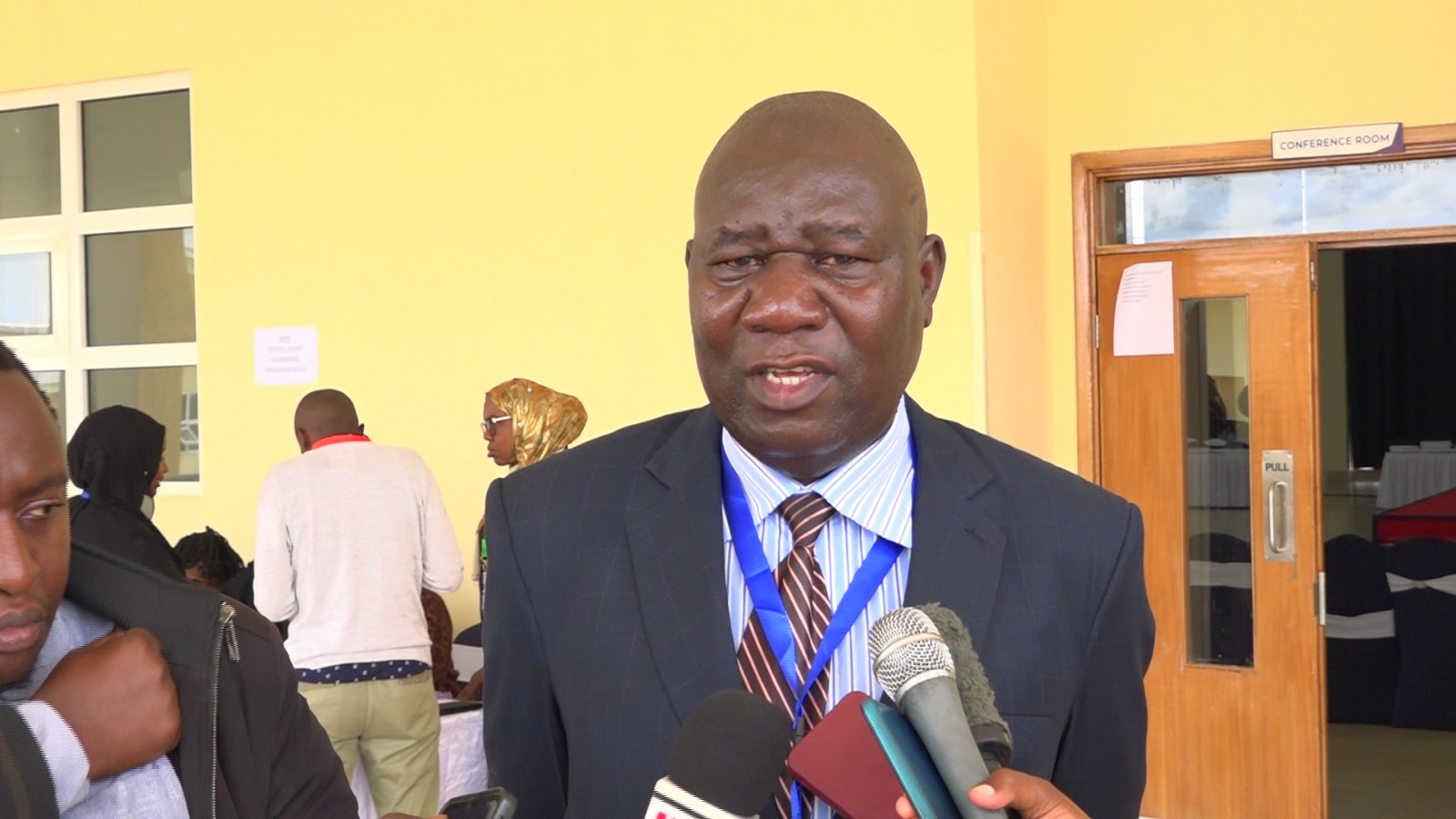Schools across the globe are increasingly integrating Artificial Intelligence (AI) into their English curricula, a move that has sparked excitement, debate, and transformation.
English teachers have lauded the new technology for its ability to personalize learning, handle routine tasks efficiently, and free up more time for educators to inspire students, foster connections, and cultivate a love for the language.
Speaking during a global annual conference at Zetech University, members of the English Language Professionals Association of Kenya (ELPAK) addressed concerns that AI might replace teachers, emphasizing instead that it empowers them.

ELPAK Chairperson Fredrick Odhiambo highlighted a recent collaboration with the British Council, where teachers successfully used ChatGPT for assessments, yielding highly beneficial results.
“AI is no longer just a futuristic concept—it’s a classroom reality, especially in English language instruction,” Odhiambo stated.
However, some educators, including Otieno, raised concerns about its accessibility in Kenya due to restrictions on mobile phone use in schools. The ban, intended to minimize distractions and curb negative behaviors like bullying, limits students’ direct engagement with AI tools.
Despite these challenges, teachers such as Jamal Maringo from Tanzania and Rukia Mohammed affirmed that AI has become an invaluable classroom assistant. Many now use it to analyze students’ writing more efficiently, allowing them to dedicate more time to personalized instruction and meaningful discussions.

Zetech University Vice Chancellor Prof. Njenga Munene underscored the importance of English in global communication, education, and technology. “English serves as a bridge language across borders,” he said. “With AI, we can now explore the richness of its dialects and phonetics by analyzing vast datasets of spoken and written text.” He explained that AI can map pronunciation patterns and vocabulary variations, enabling more nuanced instruction that reflects global linguistic diversity.
Rukia Mohammed, an English teacher, added that modern English education extends beyond grammar and vocabulary—it now incorporates pressing global issues such as climate change, emerging technologies, and mental health. “When an English teacher steps into the classroom, it’s essential to address these realities to deliver meaningful lessons that equip learners with both language skills and awareness of the world around them,” she noted.
Prof. Munene pointed out that AI’s ability to collate dialects and phonetics by analyzing large datasets of speech and text can help preserve and teach the diverse forms of English spoken worldwide.
The global conference, which brought together educators from around the world, served as a platform for discussing evolving trends in English language teaching and learning, reinforcing the growing role of AI in education.










